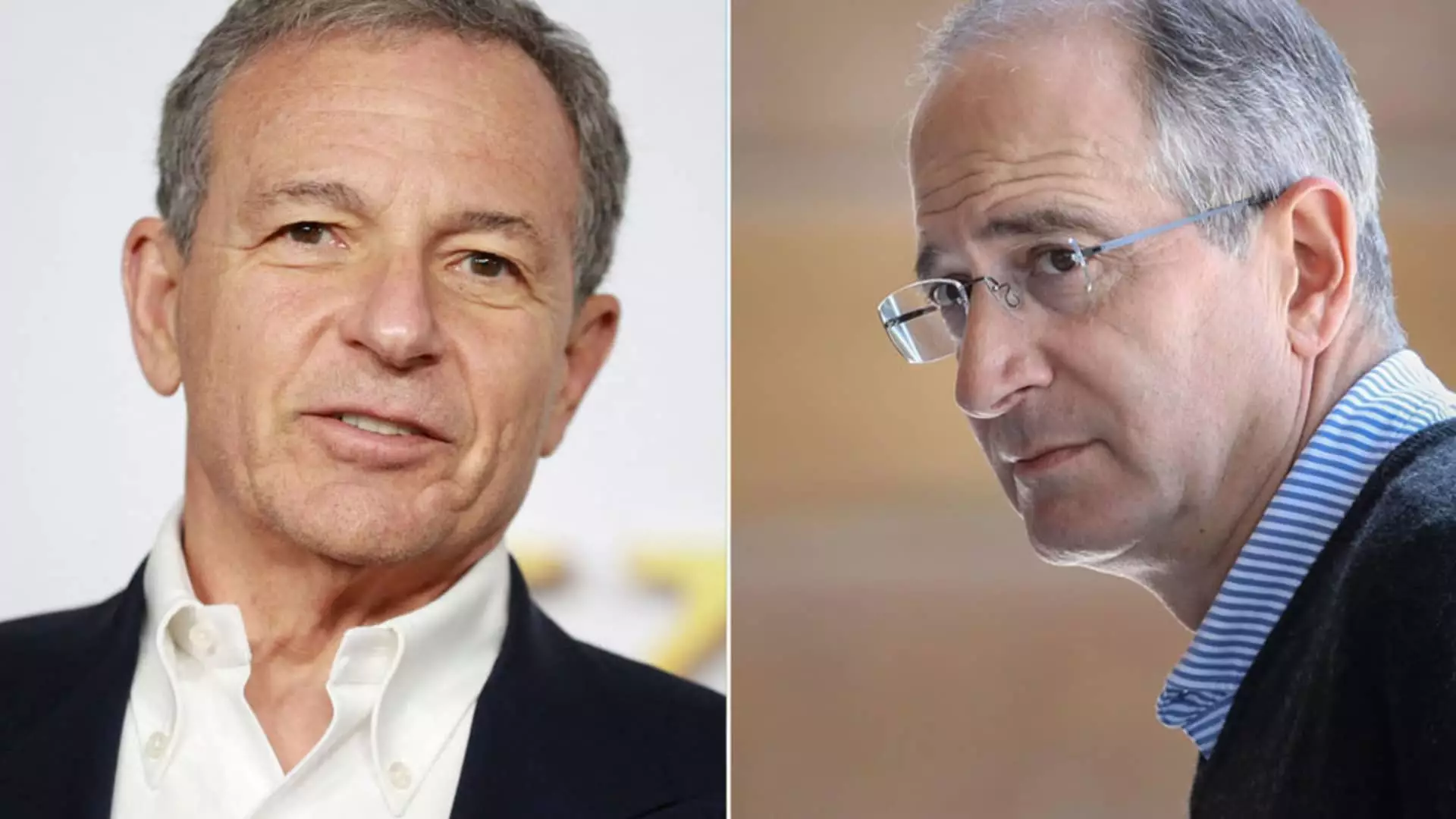The media landscape is constantly evolving, and as we approach the year 2025, industry executives have shared their predictions about the direction it may take. These insights, offered anonymously to encourage candor, highlight the increasing complexity and dynamism of the entertainment sector. As this holiday season approaches, executive musings herald not just the potential for growth but also the need for strategic pivots in a transforming industry that is grappling with technological advancements and shifting consumer preferences.
Previous predictions for 2024 elicited mixed results. While some forecasts fell flat—like the anticipated collaboration among major streaming platforms—certain expectations were realized, albeit in surprising ways. For example, Warner Bros. Discovery and Disney have indeed forged a partnership, demonstrating that even in a fragmented market, strategic alliances are critical. Moreover, the continued acquisition of regional sports rights by local broadcast stations proved to be an accurate prediction, indicating a shift toward localized content curation.
Notably, some anticipated mergers did not materialize. While speculation arose that RedBird Capital would acquire Paramount Global, the reality was a collaborative effort with Skydance instead. This showcases the unpredictable nature of mergers and acquisitions in this sector, where not all outcomes can be easily foreseen.
Looking ahead, many media executives are leaning towards consolidation in hopes of survival and competitiveness in an increasingly digitized world. The anticipated spinoffs by major corporations, including Comcast, could lead to new entities emerging as cable and media firms grapple with dwindling pay-TV subscriptions. As both companies and audiences adapt to these changes, many executives are predicting a revived interest in mega-mergers reminiscent of trends seen a decade ago, most notably between Comcast and larger cable providers.
Fox’s re-emergence as a major player is a point of contention in 2025 predictions. The suggestion that Fox could take significant strides by acquiring HBO and other Warner Bros. assets is bold yet controversial. This speaks to a greater trend wherein traditional media conglomerates fight for relevancy by acquiring streaming platforms, furthering the belief that scale will reign supreme in the battle for content dominance.
As companies reevaluate their leadership structures, noteworthy transitions could redefine strategic direction. The impending decision from Disney about who will take over from CEO Bob Iger has implications not just for their future but for the entire entertainment ecosystem. Industry insiders speculate that this new leadership could safely navigate Disney’s landscape, filled with legacy systems and emergent technologies.
Furthermore, the anticipation surrounding the sale of Electronic Arts (EA) illustrates a broader point: that gaming and media are increasingly converging. With predictions that EA may align with tech giants, the juxtaposition of traditional media against tech-forward corporations illustrates the necessity for agility in this rapidly changing environment.
Despite positivity surrounding consolidation, reservations linger about whether these M&A movements will yield genuine solutions for the numerous challenges plaguing current business models. Particularly, the anticipated launch of a new ESPN streaming service illuminates the fears surrounding competition and market saturation. Many media executives voice skepticism about whether merely serving larger packages or bundled services will actually deliver the anticipated efficiencies or profits, often reminding stakeholders that consolidation does not inherently cure persistent issues.
Additionally, common struggles, such as navigating consumer behavior post-pandemic, could impede industry growth moving forward. The rise of cord-cutting and shifting viewership habits reflect an urgent reality—the necessity for immediate adaptation to sustain audience engagement.
As the media landscape traverses into 2025, the executive predictions underscore the competing dynamics of opportunity and uncertainty. In a world where consumer tastes continually evolve and technological innovations occur at breakneck speed, the industry must remain agile to stay afloat.
Though consolidation seems a natural response to prevailing challenges, it is crucial to remember that synergy does not guarantee success. Leaning on imaginative strategies, understanding audiences deeply, and fostering innovation will prove essential in charting a path through an increasingly complex digital age. As we close the chapter on the year, the anticipation of what 2025 holds can only be matched by the necessary courage of its players to navigate these uncharted waters.

